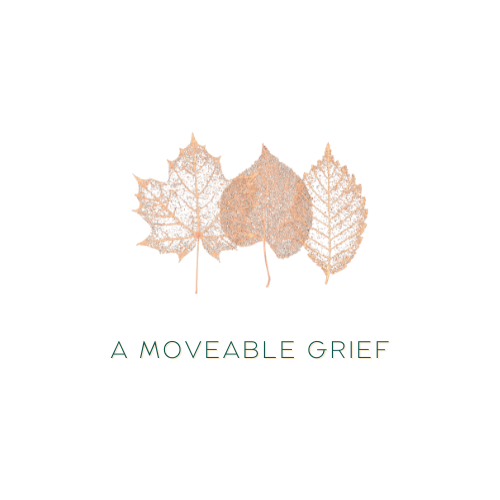Grief Whack-a-mole and Memoir Writing
Why Whack-a-mole? Because while you have an eye one grief another one pops up, and the first grief made you a little quicker to see what’s coming, but you only have a soft mallet and miss the new little sucker as it dives happily back into its hole.
Grief never feels the same twice and it sure as hell doesn’t send you a warning.
Last week, I lost a very wonderful friend. He and his wife were surrogate parents in so many ways. He was taken suddenly by tumors and cancer. One month diagnosis and surgery; the next month, hospice. As soon as I found out via email I stared at my phone as I cried and felt myself sinking back into a familiar space. The shock of terrible news and the waiting room of anticipatory grief always feels the same—the walls close in to hyper-focus on the bad news and expand with terrible possibilities at the same time. If you are a visual person: Imagine a waiting room that smells of burned coffee, sounds like Fox News or an inane game show on the TV and your only escape is a pile of trade magazines about woodworking or farm equipment to read. Yeah, it’s that bad. But it’s the endless waiting for the other shoe to drop that’s the worst part.
So, it’s no surprise my mom is coming up right now, I lost a parent-like person quickly to an undiagnosed disease and, once again, I did not have time to say good-bye.
I’m taking a class on memoir and grief with the amazing authors Claire Bidwell-Smith and Rebecca Woolf, and we’ve been talking a lot about permission to tell our story, how it’s our narrative of survival, of how we lived after loss that is the story.
Most of what I’ve written the last couple of years has focused solely on losing Daryl, the anticipatory grief of his diagnosis and the grief after his death (or, as I like to call it, forever grief). I’ve laid out various essays next to each other, inspected for thread that connect, have put a lot of my emotional and writing energy into piecing it (and me) back together. It is where my mind has found some solace.
Then, my mom was hospitalized and died, and in those two weeks, there was no anticipatory anything. Everything was happening in real time and I was back in that shitty waiting room. It felt like the universe said, “Oh, you think losing your husband and best friend is bad? Hold my beer.” Emotionally it was like the infamous “sweep the knee” scene in The Karate Kid. I haven’t quite perfected my amazing crane move yet, but I’m getting there. (So maybe that’s my structure, The Karate Kid). This quote from a letter the author Saul Bellow wrote to Martin Amis was floating around IG recently, and it’s 100% the truth:
“…losing a parent is something like driving through a plate-glass window. You didn’t know it was there until it shattered, and then for years to come you’re picking up the pieces — down to the last glassy splinter.”
It has been hard for me to patch together the two narratives. Daryl and my mom were very different in their approach to life and experiences. Daryl: Open arms. Mom: Raised eyebrow. But, their relationship and meaning to me was very similar: Primary, important, integral.
I kind of think of them as two sides of the same coin (I guess the coin is me?). A life lived to its fullest seen through a positive light, and a life truncated and dimmed by emotional traumas left untreated (she’d hate the word trauma, but I don’t know what else to call the various abuses she endured, mostly by men. 1. Being raised by a narcissist and volcanic-tempered father who—among other things—refused to fill out her financial aid paperwork when she got into Brown, or 2) Having to quit the job she loved as a TV producer because she was sexually harassed by the station manager). She never quite reached the fulfillment she wanted. Unfinished projects, books, dreams. Just typing those words about someone who gave me everything is really, really, hard and why I’ve been compartmentalizing my “mom grief.”
I’ve struggled to grieve for both Daryl and my mom at the same time, but slowly I’m seeing the threads of the similarities and the differences, how so much of their experience has formed mine. How bringing the loss of them together is the only way I can face who I am now. I can feel her edging her way into this memoir and I’m going to open my arms and let it happen.
I feel how people with multiple children must feel, wanting to give each equal attention and nourishment while they ask for different things. No two kids are alike and neither are two griefs.
Recommended:
If you are writing a grief memoir, or beginning to think about it, I highly recommend getting on the waitlist for the next course of The Living Gaze!
